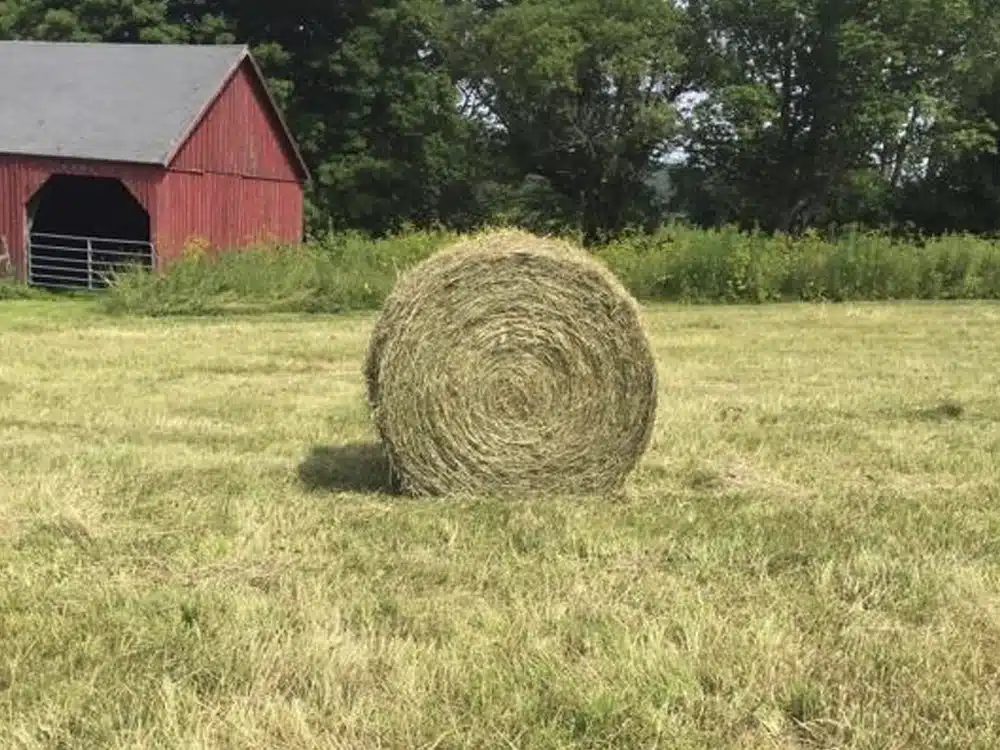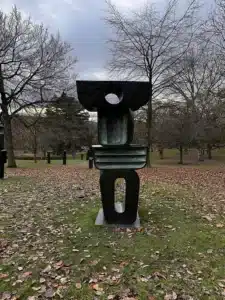Friends recently invited us to the showing of a film called Raising Bar.
Bar is the son of much loved friends of theirs. He is also a man with intellectual and developmental disabilities (I/DD).
Many years ago, Bar’s parents had the foresight to recognize that inevitably a day would come when their son would need a caring home away from them, and that he would not be able to create it by himself. They had both the vision and the commitment to create their dream for him — a home and a community of young adults with significant special needs that is safe, healthy, joyful, and supportive. They named it High Spirit Community Farm. High Spirit Community Farm is a warm, supportive environment where residents work together with their caregivers and develop a sense of belonging, purpose and accomplishment.
Learning about High Spirit Community Farm inspired me. I was moved by the compassion of Bar’s parents, siblings, and care providers, and by Bar’s joy and those of his peers living their fullest lives. After watching the film, echoing in my mind were quotes from Hubert Humphrey, and words often attributed to Margaret Mead.
At the Democratic National Convention in New York City on July 13, 1976, Humphrey spoke about the treatment of the weakest members of society as a reflection of its government, saying:
“The ultimate moral test of any government is the way it treats three groups of its citizens. First, those in the dawn of life — our children. Second, those in the shadows of life — our needy, our sick, our handicapped. Third, those in the twilight of life — our elderly.”
As I watched Raising Bar, Humphrey’s words, along with Margaret Mead’s below, rang true to me:
“Never underestimate the power of a small group of committed people to change the world. In fact, it is the only thing that ever has.”
In these days of government actions claimed to be “efficient,” while aiming to pull apart supports for the most vulnerable among us, our society fails the ultimate moral test Humphrey outlined. And the words of Margaret Mead resonate deeply, seeing people whose instincts exemplify the best of our humanity acting together to change the world for the better for those who can’t act for themselves.
High Spirit Community Farm has eight residents with Intellectual and Developmental Disabilities (I/DD), a day program participant, 8 full-time, live-in staff, and 8 international volunteers. They also have dogs, cats, lizards, goats, pigs and chickens. It’s a vibrant working farm, and the Commonwealth of Massachusetts Department of Developmental Services (DDS) supports them and provides oversight and licensing. Their residents receive funding from DDS and from the Social Security Administration.
Now, after almost twenty years of lessons learned, High Spirit’s non-profit Board is trying to help other families replicate the High Spirit model without having to repeat their trials and tribulations. While High Spirit is a unique model of care, it shouldn’t be. Instead, it should become a mainstream option for adults with I/DD, 33% of whom report being lonely, and whose family caregivers report high levels of anxiety due to the stressors around planning for their loved ones’ futures, along with managing the enormous burden of care. Further, because 72% of adults with intellectual and developmental disabilities (I/DD) in Massachusetts live at home with family caregivers, there is a known critical need for high-quality residential care options. Currently, openings for residential care are in short supply and those that exist often do not adequately address the needs of people with intense care needs. The options are only Group Homes, Shared Living or Nursing Homes. The High Spirit model is an excellent alternative, of equal or lower cost, and making it available to more people in need is one potential solution to this societal challenge.
Recognizing that a small group of committed people can change the world, High Spirit’s Advisory Program is working to create an Enablement Bill through the Massachusetts legislature to address the reduction of administrative burdens that can hinder the effectiveness of programs like High Spirit. If you’d like to be part of the change you’d like to see in our world, you can contact Lesley Eshelman, High Sprit’s Director of Advisory, or you can add your voice to support the introduction of an Enablement Bill by reaching out to Senator Mike Barrett as he has agreed to spearhead the necessary legislation to create this more simplified pathway to replicate the High Spirits model in other Massachusetts communities.




